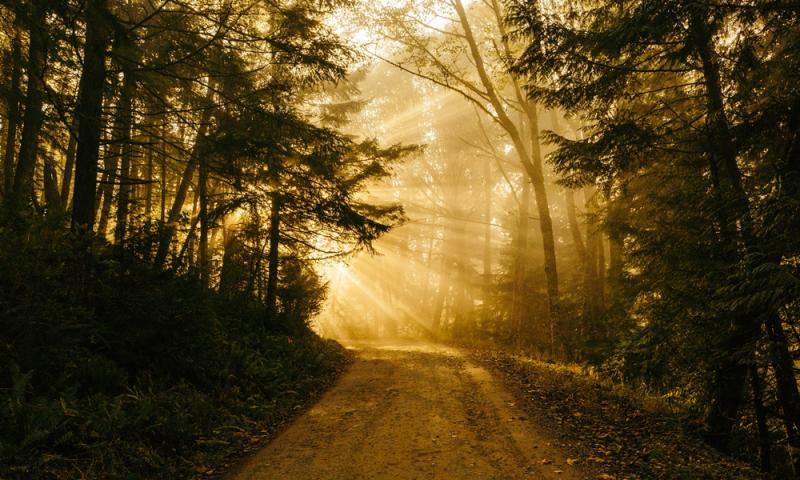LETTER | Time to rethink our arrogant relationship with nature
LETTER | In chasing progress and economic gains, we tend to put our economic interests over environmental interests. And this is reflected in our attitude towards nature.
Camouflaged as initiatives towards progress, humans have been persecuting the environment, forests and wildlife unremittingly.
In the words of actor and environmental activist Ed Begley Jr: "When we destroy something created by man, we call it vandalism. But when we destroy something by nature, we call it progress"
The ramifications of our activities are proven to be cataclysmic to nature. For example, the continuous flooring and scorching of millions of trees in the Amazon for agriculture is discharging colossal amounts of carbon into the atmosphere.
This destroys the Amazon's capacity to be one of the world' main carbon sinks. As a carbon sink, the Amazon rain forest is a natural system that soaks up carbon dioxide from the atmosphere and thus slows down the speed of global warming and climate change.
With massive deforestation activities going on all over the world, we are actually on the verge of switching off the planet's lungs.
The Covid-19 pandemic is no accident and can be seen as a warning that nature has had it with the ecocidal penchants of humans. Covid-19 can be viewed as nature's way of fighting back.
The Covid-19 pandemic is indeed ravaging mayhem on countries around the world, inducing a global health crisis while pressuring economies to shut down in the face of stern quarantine measures.
But the outbreak is also having a fascinating effect on the earth's environment, as nations constrict the motility of people.
As humans grapple with how to cope with the Covid-19 outbreak, nature is reinstating the balance.
The global reduction in human activities has had several positive effects on the environment such as decreased nitrogen dioxide pollution levels due to less fuel-burning cars on the road and less carbon-guzzling planes in the sky.
And the languid urbanisation and deforestation activities due to lockdowns have also helped to restore the quality of air to a healthy level.
It is the air we breathe and the atmosphere that makes earth liveable and yet it is under threat from humanity.
With the ongoing lockdown measures affecting millions of people all over the world, the altitudes of air pollution are deteriorating substantially in myriad parts of the world.
For example, for the first time in 30 years, the Himalayas are finally visible from India because of the country’s lockdown.
As the Covid-19 pandemic rages and sends humans indoors, scenes worthy of a Disney film have surfaced; from a group of endangered penguins seen waddling down through an empty neighbourhood in Cape Town, South Africa to a wild kangaroo hopping through the empty streets of Adelaide, South Australia to a mountain lion taking a nap in a tree in a residential area in Colorado, USA.
Wildlife is always happy when the environment becomes quiet.
The movement control order (MCO) imposed by the Malaysian government since March 18 as a measure to control the chain of infection has had beautiful impacts on the local nature.
From birds chirping happily on the window panes in Shah Alam to healthy and vigorous wetlands in Putrajaya to romping otters frolicking and sunbathing at Taman Tasik Putrajaya.
Without us humans in the way, nature is thriving.
We commemorated the 50th anniversary of Earth Day on April 22 in the bosom of a pandemic, with the world decelerated. Yet Earth Day reminds us the planet still revolves, the global climate and biodiversity emergencies still crave attention
Let’s not live on this planet as if we had another one to go.
The views expressed here are those of the author/contributor and do not necessarily represent the views of Malaysiakini.
RM12.50 / month
- Unlimited access to award-winning journalism
- Comment and share your opinions on all our articles
- Gift interesting stories to your friends
- Tax deductable
